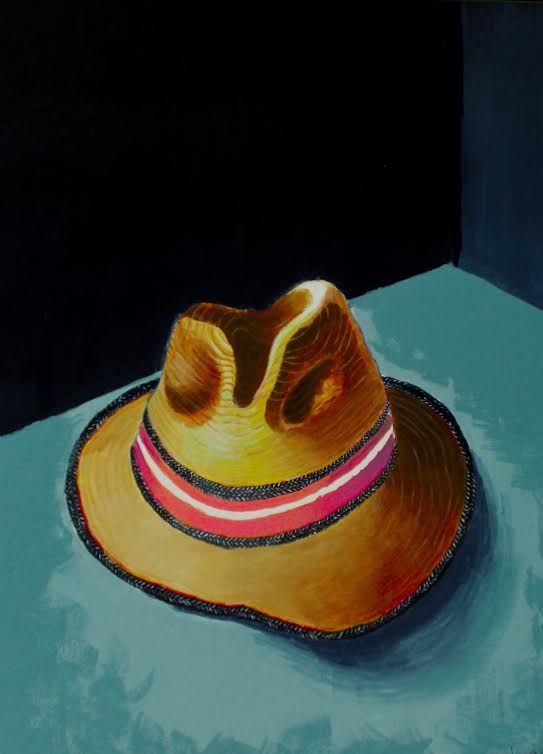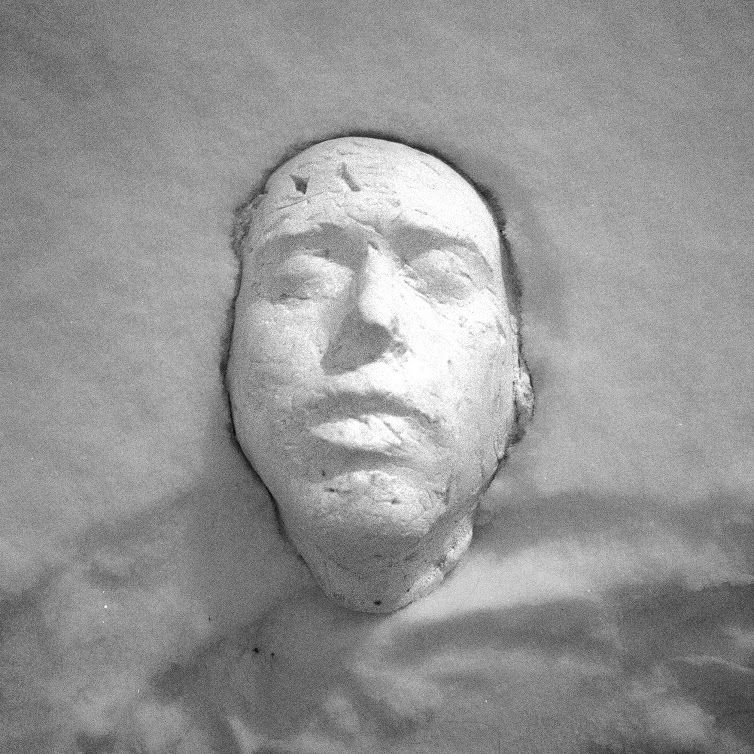Still Life
But what night isn’t like this?
I’ve always been since earliest version of life
Silent
Like the dinner table
Carrying tedious things
On my head—
When there are people talking over
And when the voices vanish,
Life comes out of my mouth
Holding a spatula
… it looks just like me
If only I knew how to cook.
I’ve experienced imaginations of the
End of the world.
So I’ve never been happy.
But I’ve been content in small spaces-
Queues, linen back seat of a Hyundai
That tiny store. North face.
A girl’s heart.
Each day I enter life at the same moment:
You alone in your room at midnight
Are in your nighties beautiful
As how people stop to watch the moon together
The night is…what again?
Listen: the slow parade of wind, the fan
And the refrigerator, humming.
The mouse in your cupboard
I have always sounded like this.



